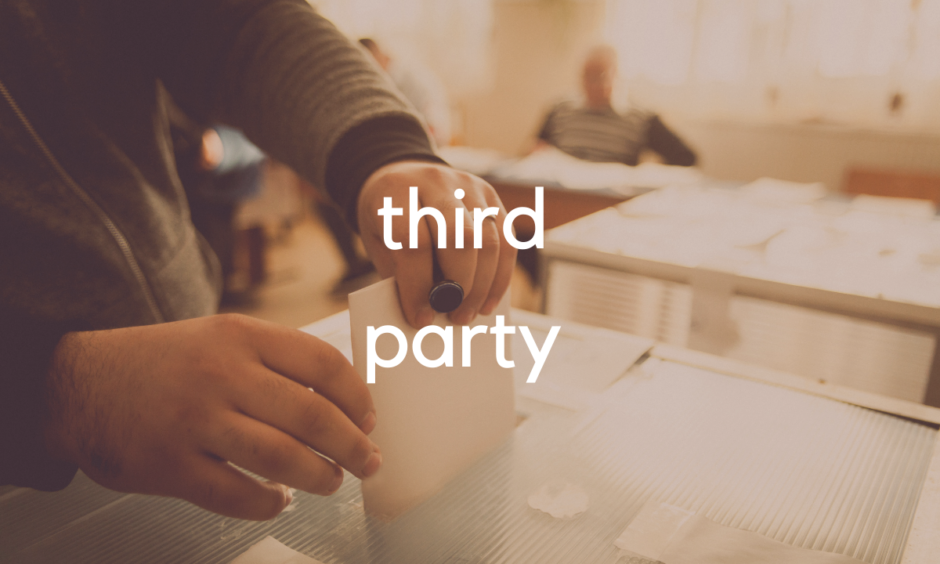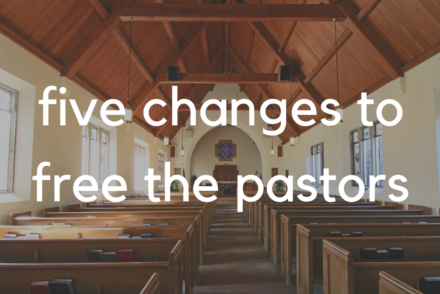Is it ok to be ashamed to be an American? Sorry Lee Greenwood, I’m not feeling it. Our country seems shameful, in large part due to the utter ridiculousness of the current election cycle.
Oh, I love this beautiful country and am blessed to live here and am incredibly grateful for the men and women who have given their lives to defend the freedoms we have, but we seem to be on a spiral towards destroying ourselves, arguing and name calling rather than getting over our differences and working to fix things.
I don’t think I’ve ever written a post about politics on this blog. However, there’s been a recurring comment made to me in the dozens of political conversations that come up as we move closer to election day. It generally goes something like this:
The talk bounces back and forth between Trump and Hillary and each of their horrid constellations of accusations, hear-say, and outright lies, and then someone (often times me) brings up the fact that there are other people running for the office of President of the United States. Everyone nods sagely and agrees that those third party candidates seem a more appealing than either of the major party candidates. Then comes the comment that is apparently expected to, bafflingly, end any delusions about voting for a third party. It’s always something to the effect of, “Yea, but that’s just throwing away your vote. If vote for (insert third party candidate) you’re basically voting for (insert major party candidate).”
Seriously, where did this idea come from? Why is voting for a third party candidate who may not win the same as voting for a major candidate? Do our votes only count if they go to the winning team? That seems to be the logic at work in most of these conversations that I’ve had, and I don’t think that it makes any sense.
A thought experiment
Just for fun, let’s put this kind of thinking into play in a few different scenarios and see if it works.
Scenario 1: Nazi Germany. Your options: join the Nazi party, escape to England to live with a cousin, or remain and rebel by secretly helping Jews escape the country even though you will most likely be caught and killed.
Is rebelling in secret the same as joining the Nazi party because your rebellion won’t defeat them? The logic that says “voting for a third party who may not win is the same as voting for a major party candidate that you really don’t want to win,” rebelling would be exactly that.
Scenario 2: You enter the grocery store to buy some fresh vegetables. There are three brands to choose from. You’ve done your research. One brand employs slave labor (but hey, they treat their slaves pretty well) to harvest their vegetables. The second brand uses pesticides that are known to cause cancer and that your child is allergic to, but they’re realllllly inexpensive. The third is a small local, ethical, organic brand that’s been struggling to stay afloat financially and may soon be bought out by the first brand.
Is buying the third, local brand the equivalent of supporting the first?
Scenario 3: You’re 14 years old and there are two dominant social groups at school, the jocks/cheerleaders and the preps. Between the two of them they control pretty much the whole social sphere, with the jocks being dominant. Much lower on the totem pole are the nerds and the punks. You’re new to the school and dislike both the jocks and the preps and how they treat people. What group will you choose to join?
Is joining the nerds or punks the equivalent of joining the jocks? Maybe you should join the preps, since having one more on their team might allow them to win.
The point of voting
I could give dozens more scenarios, but hopefully that communicates my point. Voting for a third party, if they align with your beliefs, is not the equivalent of voting for Trump or Hillary or whoever the major party candidates are at the time. Your vote is a statement about what you value. The purpose of it isn’t to put you on the winning team. It’s to communicate to our government in some small way what you believe, and that communication happens regardless of whether the candidate you vote for wins or not.
If there was any time in the history of our country that we need something other than one of the major party candidates, this is that time. As two of our founding fathers noted, there is a great danger to America if we are operating on a two party system. John Adams wrote,
“There is nothing which I dread so much as a division of the republic into two great parties, each arranged under its leader, and concerting measures in opposition to each other. This, in my humble apprehension, is to be dreaded as the greatest political evil under our Constitution.”
John Adams
And George Washington in his farewell address at the conclusion of his presidency echoed the sentiment about the dangers of “factions” in politics and how such parties with their sole leaders would bring great harm to the liberty of the people.
“The disorders and miseries, which result, gradually incline the minds of men to seek security and repose in the absolute power of an individual; and sooner or later the chief of some prevailing faction, more able or more fortunate than his competitors, turns this disposition to the purposes of his own elevation, on the ruins of Public Liberty.”
George Washington
In my opinion we would do well to heed Adams’ and Washington’s warnings and look wider than our current, broken two-party system.
A stool doesn’t function well with two legs. There are plenty of other options out there when you vote this fall. You may not agree with any of them. In that case, don’t vote if that’s what you feel you need to do to communicate what you believe. But please, please don’t buy the lie that your vote is wasted if you don’t vote republican or democrat.





No Comments